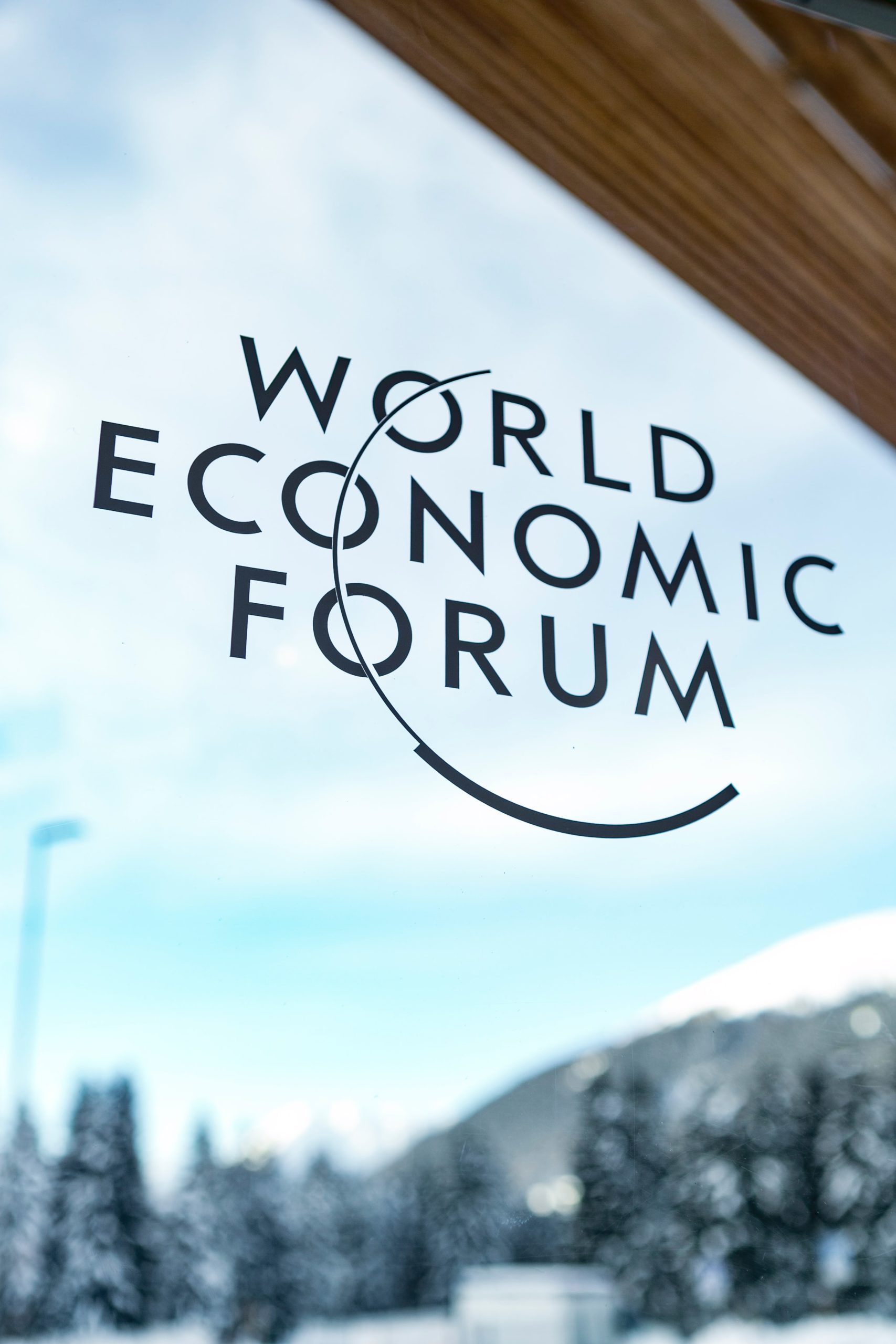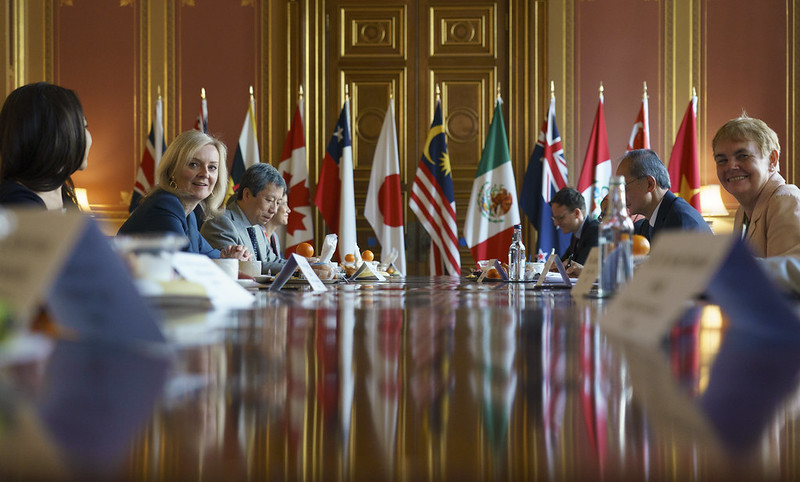1. UK to join CPTPP
The UK has completed stage 1 of negotiations to join the £8.4 trillion Comprehensive and Progressive Agreement for Trans-Pacific Partnership (CPTPP). The partnership currently consists of 11 countries Australia, Canada, Japan, Mexico, New Zealand, Singapore, Brunei Darussalam, Chile, Malaysia, Peru, and Vietnam. The UK will be the first new addition since the organisation was launched in 2018. It represents one of the largest and most dynamic free trade areas and constitutes 13% of global GDP. In 2020 member countries imported 8.6% of UK goods and services and the source of 6.8% of imports.
The UK has also started negotiations to renew the Mexico agreement which was carried over from the European Union one. Currently 44th on the list, the UK hopes to strengthen ties and increase trade by up to 40% in the next few years. Currently valued at £18.1bn, UK trade with Latin America was down almost 5% in 2021. Latin America has a GDP of $4.7tn. Mexico and Canada have both been recently strategically chosen to negotiate with as CPTPP members.
2. Philippines changes laws on public utilities ownership

On 21 March President Duerte signed an amendment to the 86 year old Public Services Act which now allows 100% foreign ownership of public services. These include electricity, petrol and petrol products, water, seaports and utility vehicles. Telecommunications, airlines and railways no longer fall in the category of public utilities since the latest update to the Act.
Interestingly, the Philippines owns all public land so net zero energy investments may need a rethink.
The president owns a right to suspend any foreign State Owned Enterprise (SOE) in the interest of national security. Also, a foreign owner can’t own more than 50% of a critical infrastructure project unless their country allows Philippines to do the same.
The Philippines reported its highest ever FDI in 2021 at $10.3bn in 2021, 54% higher than 2020.
Hailed as ‘landmark reforms,’ – could be less a relaxation than loopholes with caveats.
Trade Horizons
Trade Horizons is an award-winning market entry company, assisting ambitious companies to identify, develop and grow sustainable revenues in new geographic markets. We offer support to clients in international strategy development for their global business growth, and throughout the key phases of market entry execution – Preparation, Launch and Growth. Click here to find out more.
3. Entering China – Opportunities and Risks

For companies wishing to do business in China, the opportunity is sizeable. China is the world’s second largest economy and bilateral trade was worth £94.5m in 2021. However, the size of the opportunity is matched by considerable risks. There are restrictions on foreign companies in many areas of business and the English contracts are not necessarily enforceable. Jurisdiction should be an important consideration when entering into a contract as Chinese law includes restrictions on foreign-related commercial contracts. Often, arbitration is the preferred method to resolve disputes but it decisions are not enforceable by law as the decision is not made in a public court. Sound translation is imperative.
To do business you will need an official company ‘chop’ and a financial chop. A chop is a type of official seal or warrant for trading in China.
Personal relationships are very important when negotiating and trading in China. Relationship can exercise significant influence.
The China Britain Business Council assists British companies wishing to trade in China, more info here
4. New Initiative to Strengthen Cross-Border Investment in Digital Economy

The World Economic Forum (WEF) and Digital Cooperation Organisation (DCO) have launched a digital FDI initiative to promote cross-border digital investment. The pilot will be held in Nigeria with public-private projects rolled out to facilitate investment in digital infrastructure and activities.
The DCO is a new organisation which ‘aims to increase social prosperity by accelerating the growth of the digital economy.’ Nation members are Bahrain, Jordan, Kuwait, Nigeria Oman, Pakistan and Saudi Arabia. It claims to support youth, start-up entrepreneurs, and women.
The initiative is based on a 2020 WEF whitepaper entitled ‘Digital FDI Policies, regulations and measures to attract FDI in the digital economy.’







